This article was medically reviewed by Luba Lee, FNP-BC, MS and by wikiHow staff writer, Hannah Madden. Luba Lee, FNP-BC is a Board-Certified Family Nurse Practitioner (FNP) and educator in Tennessee with over a decade of clinical experience. Luba has certifications in Pediatric Advanced Life Support (PALS), Emergency Medicine, Advanced Cardiac Life Support (ACLS), Team Building, and Critical Care Nursing. She received her Master of Science in Nursing (MSN) from the University of Tennessee in 2006.
There are 8 references cited in this article, which can be found at the bottom of the page.
This article has been viewed 16,847 times.
A urinary tract infection, or UTI, happens when bacteria enters the urinary tract system. Infections can cause burning, cramping, and general discomfort in the bladder and genital area. To relieve the pain of UTI at night, try taking over the counter pain medication, applying a heating pad, and drinking plenty of fluids throughout the day. Doing any or all of these things can help you feel relief and avoid waking up at night due to pain from your UTI.
Steps
Getting Comfortable at Night
-
1Apply a heating pad to your bladder. Heat can help to relieve cramping or burning in your bladder and urinary tract. Put a warm heating pad on your lower abdomen to relieve pain before you go to sleep. Make sure the heating pad is not so hot that it burns your skin. Put a shirt or towel in between your skin and the heating pad, and turn off the heating pad before you fall asleep.[1]
- You can buy an electric or hot water heating pad at most home goods stores.
-
2Take a warm shower before you go to bed. Adjust the water so it is comfortably warm and shower as you normally would. The warm water will help to soothe any cramping or burning you may be feeling.[2]
Warning: Baths increase your risk of developing a UTI and could make an existing one worse.[3] Avoid taking baths while you have a urinary tract infection, especially with oils and bubbles.
Advertisement -
3Stop drinking fluids 2 hour before you go to sleep. An annoying symptom of UTIs is frequent urination. This symptom can be exacerbated at night since the need to get up and go to the bathroom disrupts your sleep, and it can hurt your bladder if you try to ignore it. To minimize this problem, avoid drinking any fluids for at least 2 hour before you go to sleep. You still might need to get up and use the restroom in the night, but it will be less than if you are drinking right up until you go to bed.[4]
-
4Lower your thermostat if you feel warm or feverish. If your UTI is severe, you may have an elevated temperature. To avoid waking up in the night from sweats or being too hot, keep your thermostat lower than you normally would while you recover from your UTI. Try starting with 65 °F (18 °C) when you go to sleep, and lower it throughout the night if you need to.[5]
- If have a temperature above 103 °F (39 °C), contact your doctor right away.
-
5Take over the counter pain relievers 30 minutes before you go to sleep. To avoid being woken up by the pain of your UTI, take pain reliever pills at least 30 minutes before you fall asleep. This gives the medicine time to dissolve in your body and work on controlling your pain.[6]
- Acetaminophen and ibuprofen are common pain relievers that you can find at most drug stores.
- Phenazopyridine (Pyridium) can be helpful for bladder pain from a UTI. This medication is available over-the-counter. A typical dose is between 100 to 200 mg 3 times per day or as needed for up to 2 days.[7]
- Follow the directions on the bottle of pain relievers carefully, and do not take more than is recommended.
Healing Your UTI
-
1Drink plenty of water throughout the day. UTIs are caused by a buildup of bacteria in your urinary tract. Drinking water can help flush out the bacteria that is built up in your body. Try to double the amount of water that you were drinking before you got your UTI.[8]
- If you have liver or kidney issues and you need to limit your fluid intake, talk to your doctor before drinking more throughout the day.
- Cranberry juice can also help to flush bacteria out of your urinary tract.
-
2Urinate often throughout the day. Bacteria builds up in your urinary tract. Flush it out by urinating more often than you usually would. Empty your bladder completely each time you urinate to completely flush out the bacteria and avoid further irritation.[9]
- Drinking more fluids throughout the day will make it easier for you to urinate more often.
-
3Avoid coffee, alcohol, and citrus juice. Fluids that are acidic can irritate your bladder more. Coffee and alcohol are diuretics, which means they will make you have to urinate more frequently, but your body will not be absorbing the hydration that it needs to. Stick to water and sports drinks to stay hydrated as you recover from your UTI.[10]
-
4Take a full round of antibiotics if they were prescribed to you. If you saw a doctor for your UTI, you may have been prescribed antibiotics. Antibiotics work to kill the bacteria in your urinary tract that are causing you pain. Take all of your antibiotics, even after you start feeling better, to make sure the bacteria is completely gone.[11]
Tip: If you still have symptoms of a UTI after you finish your antibiotics, talk to your doctor.
-
5Wear loose cotton underwear. Letting your genitals breathe is an important step in the healing process for a UTI. Avoid constricting or moisture-wicking fabrics that can disrupt the natural balance of your urinary tract. Change into clean underwear at least once a day.[12]
- Wearing loose cotton underwear and wiping from front to back when you use the restroom can also help you avoid UTIs in the future.
Warnings
- If you feel any pain or discomfort in your kidneys, talk to your doctor right away. Bacteria can enter the kidneys through your urinary tract and cause life-threatening problems.⧼thumbs_response⧽
References
- ↑ https://myhealth.alberta.ca/health/AfterCareInformation/pages/conditions.aspx?hwid=uh5234&
- ↑ https://myhealth.alberta.ca/Health/aftercareinformation/pages/conditions.aspx?hwid=uh5234
- ↑ https://www.brighamandwomens.org/obgyn/urogynecology/urinary-tract-infections
- ↑ https://www.helpguide.org/harvard/medical-causes-of-sleep-problems.htm
- ↑ https://www.nhs.uk/conditions/urinary-tract-infections-utis/
- ↑ https://www.nhs.uk/conditions/urinary-tract-infections-utis/
- ↑ https://reference.medscape.com/drug/azo-standard-pyridium-phenazopyridine-343349
- ↑ https://myhealth.alberta.ca/Health/aftercareinformation/pages/conditions.aspx?hwid=uh5234
- ↑ https://myhealth.alberta.ca/Health/aftercareinformation/pages/conditions.aspx?hwid=uh5234
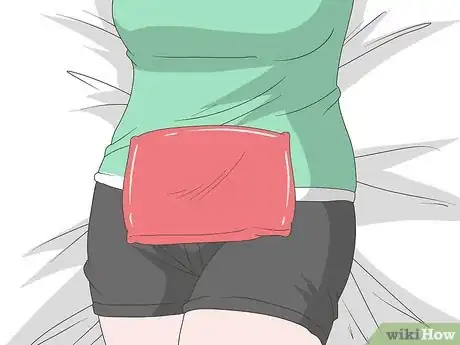
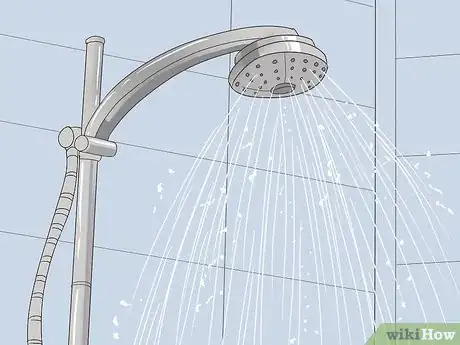
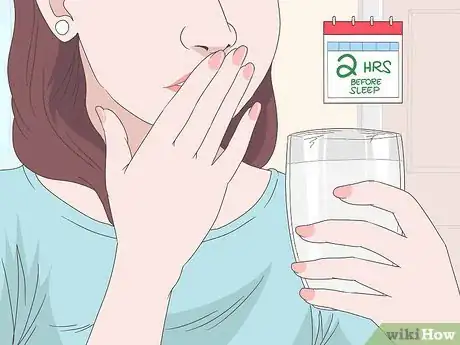
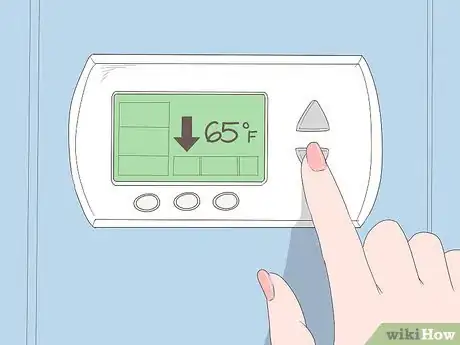
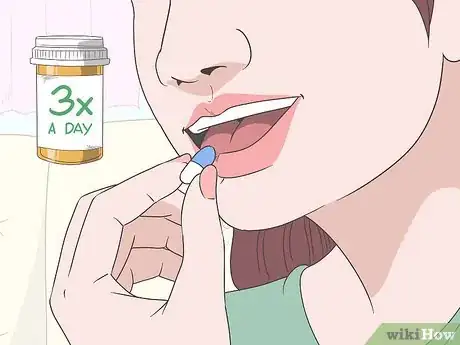
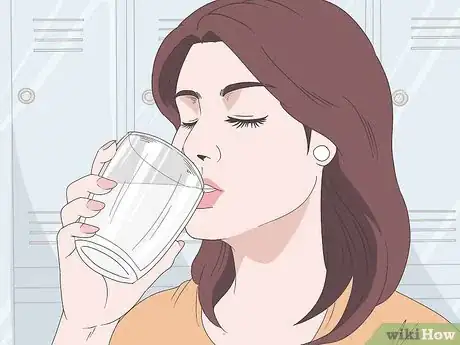
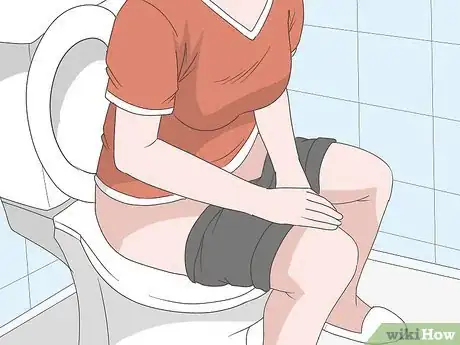
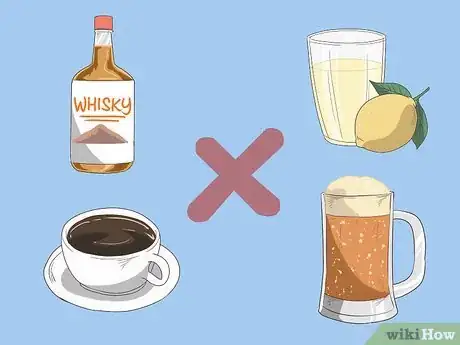
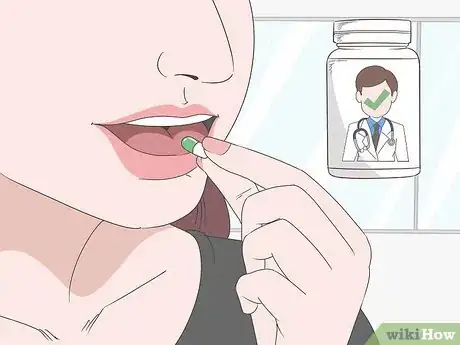
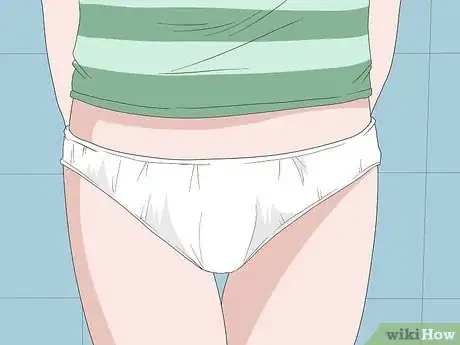
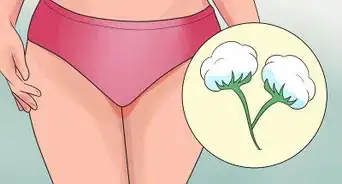
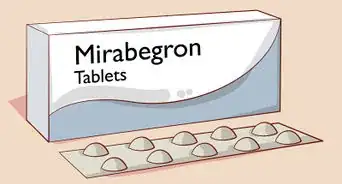
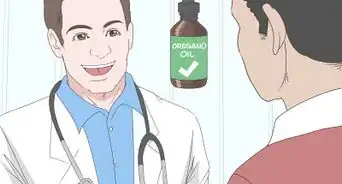
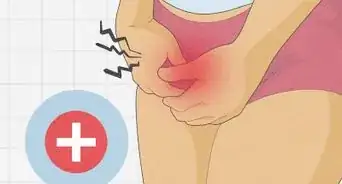
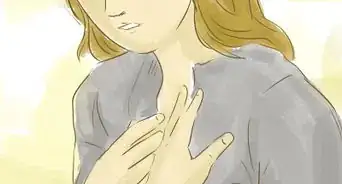
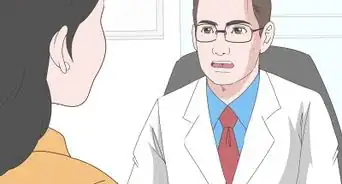


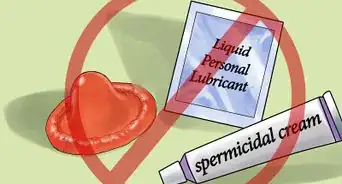
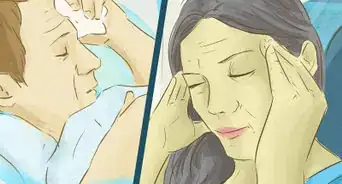
-Step-14.webp)








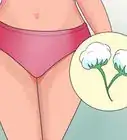
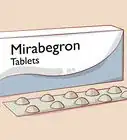
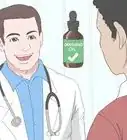
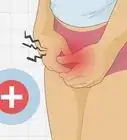



































Medical Disclaimer
The content of this article is not intended to be a substitute for professional medical advice, examination, diagnosis, or treatment. You should always contact your doctor or other qualified healthcare professional before starting, changing, or stopping any kind of health treatment.
Read More...